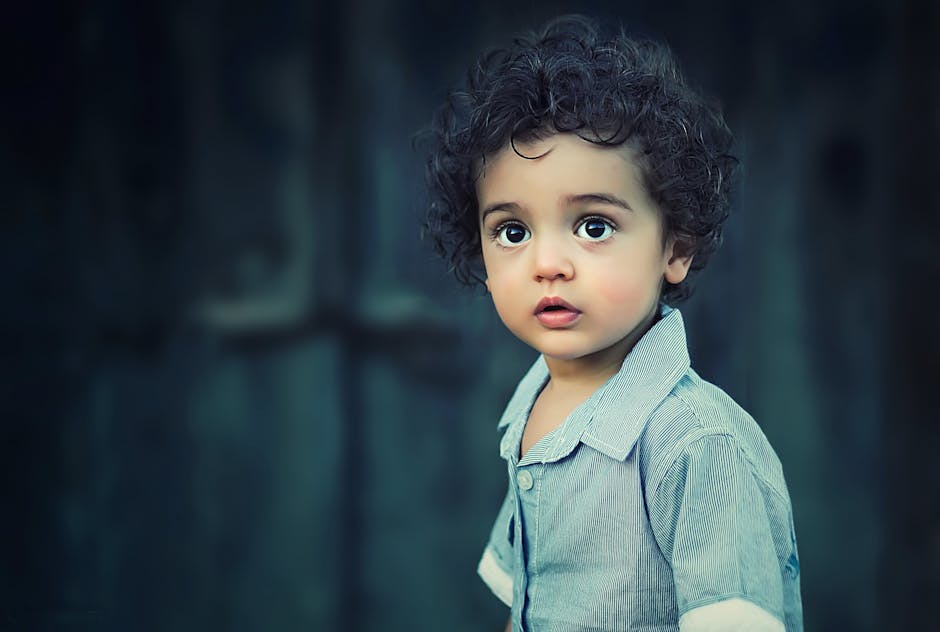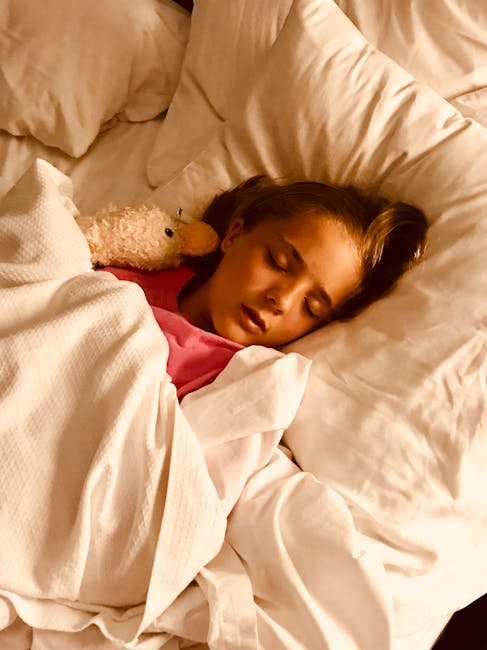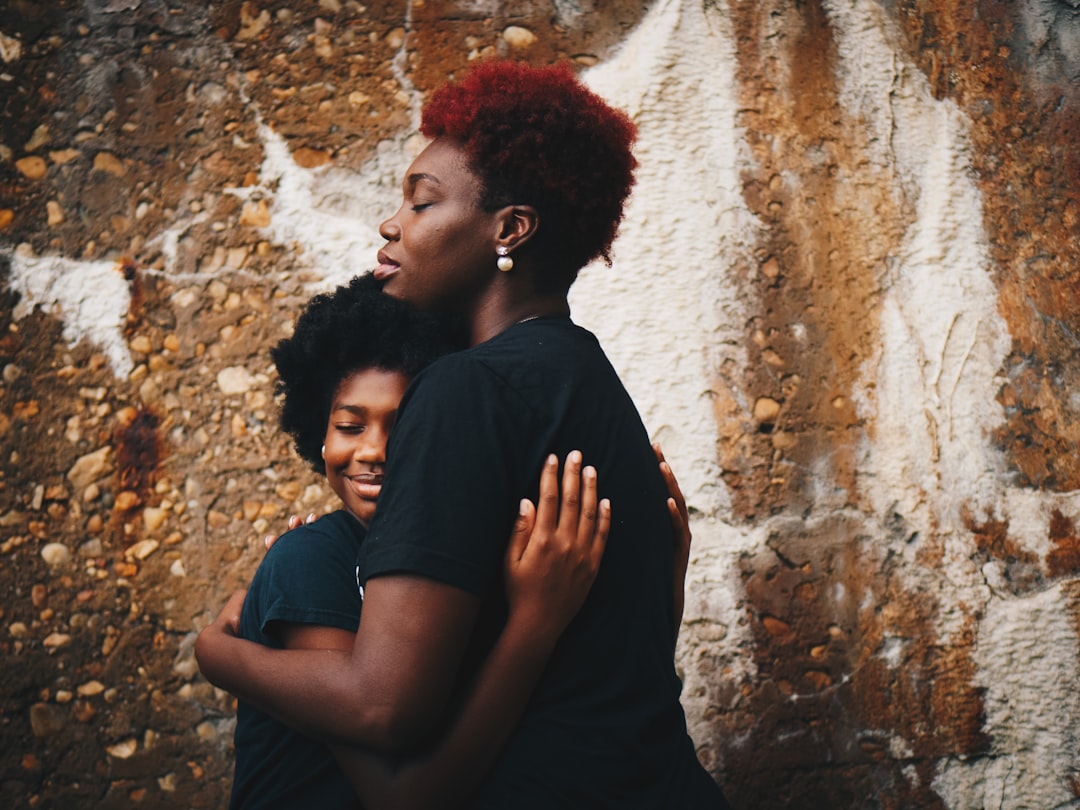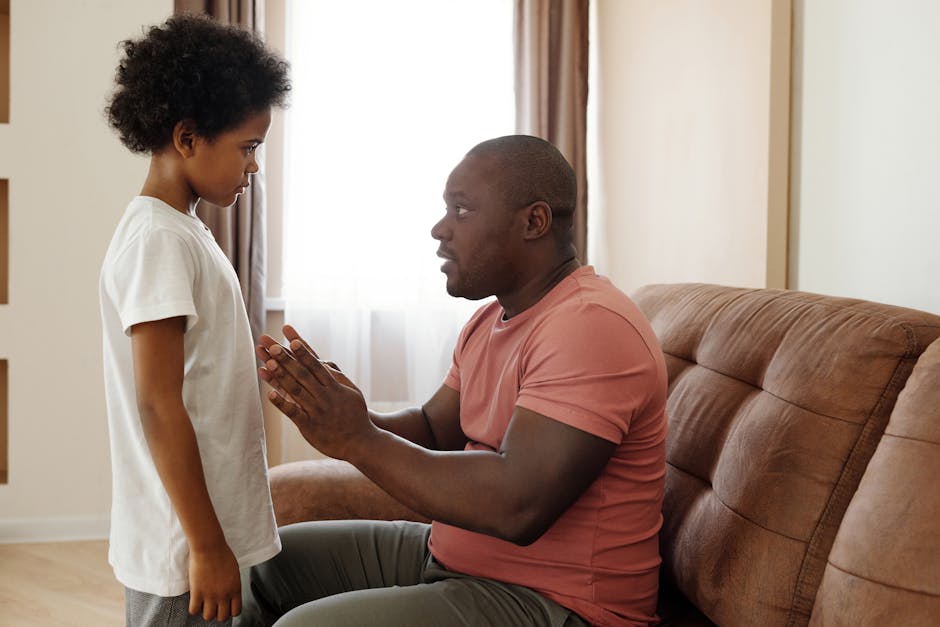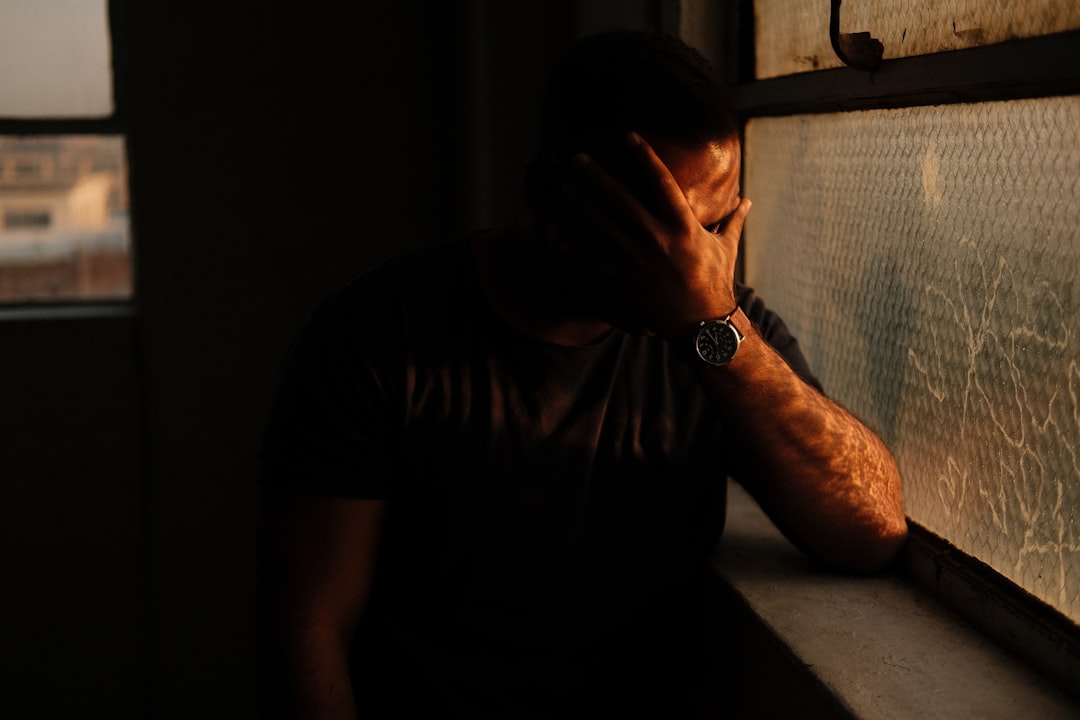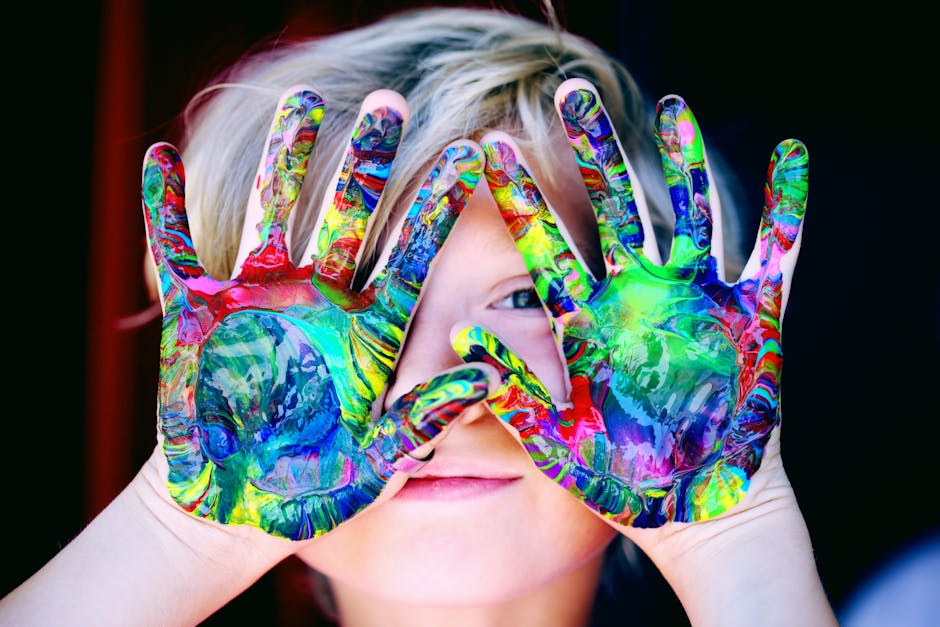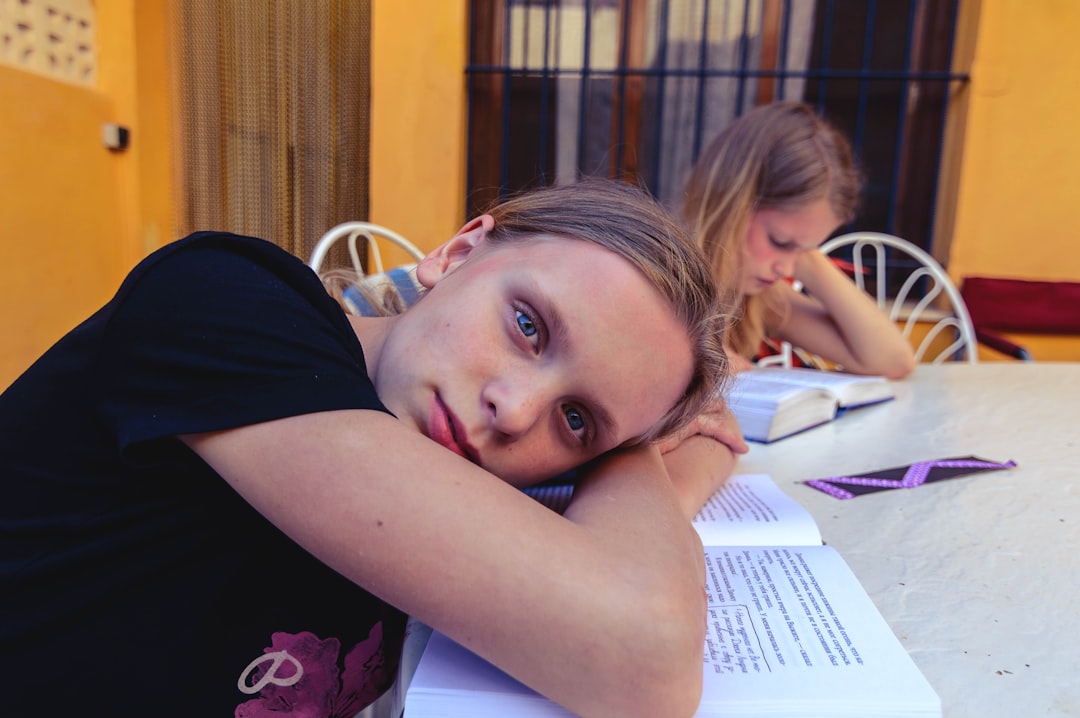Self-Care Isn't Just For Adults
We tend to think that just because kids don't generally have a lot of stressors in their lives yet, they must not have mental health problems. However, they experience depression and anxiety just like adults, sometimes to an even greater extent and with a lesser understanding of what they're experiencing. Here are 20 ways to check in on your kid's mental health subtly, because we all know how kids can be.
 Photo by Kindel Media on Pexels
Photo by Kindel Media on Pexels
1. Take Note Of Any Unusual Behavior
A great place to start when it comes to assessing your child's mental health is to notice any changes in their behavior. If they're usually playful but they're more serious lately, that's a sure sign something is off.
2. Ask Them Questions
After noting their behavior, it's a great moment to ask them questions. Keep them open-ended and casual so as to not pry.
3. Encourage Communication
Creating a safe space where your child feels comfortable sharing their feelings is key. Set an example by sharing your own feelings and don't judge them when they share theirs.
4. Check Their Social Media
Social media is often one of the first places where people cry for help. It could be as subtle as an image or song they share so be vigilant and look for faint cues.
5. Take Note of Their Sleep Patterns
Another sign of depression is insomnia or over-sleeping. Take note of any changes in their sleep habits.
6. Be Available
Part of creating a safe space for your kid to feel free sharing their emotions is to make yourself available. If your child gets the sense you're always too busy to listen to their feelings than they won't feel comfortable sharing them.
7. Notice Changes In Their Personal Hygiene
While not a sure sign (some kids are just messy), if you notice your kid not taking care of themself in the most basic ways, it might be a sign of depression. When you're down, even doing simple tasks like showering can feel like a huge ordeal.
 Greta Schölderle Möller on Unsplash
Greta Schölderle Möller on Unsplash
8. Check With Their Friends
If you find your kid is closed up like a clam, you may want to ask their close friends if they've noticed anything. This can be touchy so make sure to only do this as a last resort and if you have a good rapport with their friends.
9. Note Their Physical Health
Stress and anxiety can sometimes manifest themselves in the form of physical symptoms. If your kid is complaining about stomach aches, headaches, or other aches and pains it could be a sign they're having a tough time mentally.
10. Ask About Their Feelings
Don't just ask your kid about what they're doing, ask how they're feeling. Getting into the habit of having deeper discussions like this can be therapeutic for them and can help you gauge them better.
11. Monitor Their Eating Habits
Changes in appetite are a telltale sign of mental distress, whether its an increase or decrease. Additionally, if they're eating more refined carbs and sugars, it can be a sign they're feeling down as these foods administer quick dopamine hits.
12. Observe Their Social Habits
If you notice your kid doesn't seem motivated to socialize, it could be a sign they're suffering mentally. This is because of the brain's stress response which highlights only negative social interactions.
13. Follow-Up After Stressful Events
Big exams, family events, or receiving a bad grade can trigger stress responses. Follow up with your kid when they go through these things and try to read their reaction. If they seem to be coping poorly with stress, it can be a sign they have anxiety.
14. Use Media To Encourage Them To Open Up
Watch a movie or TV show with a relatable character together to encourage you child to open up. Seeing someone else going through something similar will make them feel less isolated.
15. Watch For Mood Swings
It's normal to have mood swings sometimes, but if you notice your child getting them frequently or dramatically, it could be a sign of something more serious. Mood swings are caused by a change in brain chemical levels and could indicate an imbalance.
16. Keep An Eye On Their Interest In Their Hobbies
If you notice your child's interest in hobbies that normally excite them waning, that could be a sign they're emotionally unwell. One of the main symptoms of depression is a loss of interest in things you once enjoyed.
17. Take Note of How They Handle Conflict
If your child overreacts to minor conflicts, this could be a sign of emotional distress. When we're already anxious or emotionally unstable, even minor things can set off extreme reactions.
18. Observe Them As They Study
Subtly watch your child as they study or work on homework. Do they seem overwhelmed or frustrated? Not handling stress well may be a sign of anxiety.
19. Tell Them Your Observations
Once you've done your due diligence as a parent, subtly observing them from the side, it's fair to bring up your concerns. Speak candidly with your kid, using "I've noticed" statements, making it clear you're there for them no matter what.
20. Ask About Their Energy Levels
Another sign of depression is fatigue. If your child is tired even after a full night's sleep, it could indicate that something is wrong. Just keep in mind that it's normal for teens to require more sleep than adults.


